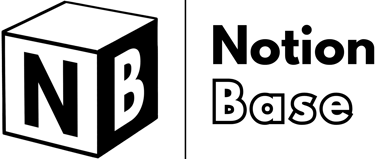NOTION SYSTEMS LAB — PRE-ORDERS END FEBRUARY 22 — 50% OFF BEFORE DOORS CLOSE
Notion vs Confluence: Best Choice for Team Collaboration
For team documentation, should you choose Notion vs Confluence? This guide examines their strengths in knowledge management, real-time collaboration, and integrations to help you decide which tool works best for your team.
7/16/20254 min read
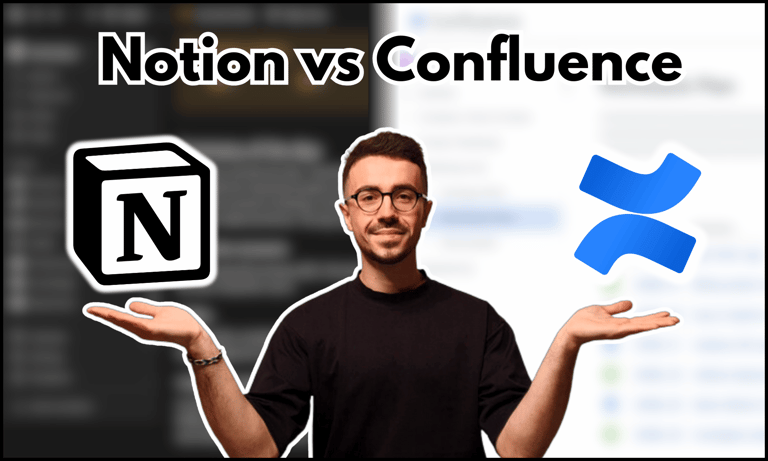

Notion vs Confluence
When it comes to managing documentation, collaboration, and knowledge sharing within teams, two popular options stand out: Notion vs Confluence.
While both tools help teams centralize information, they have different approaches and strengths. This guide will compare their features, use cases, and pricing to help you determine which one suits your needs best.
Table of Contents
Notion vs Confluence: Overview
Notion and Confluence are both designed to facilitate team collaboration and document management, but they cater to different types of users:
Notion: A flexible all-in-one workspace that blends note-taking, task management, and databases, making it ideal for individuals and small to mid-sized teams.
Confluence: A structured team-focused documentation platform, built primarily for enterprises needing a scalable, centralized knowledge hub.
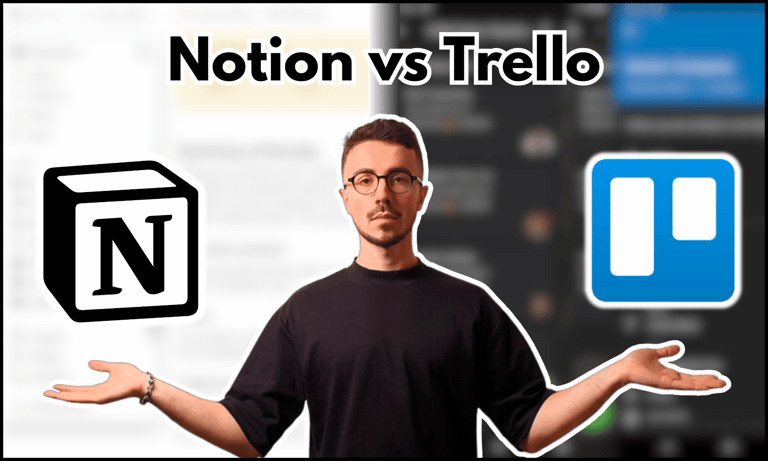

Project management made simple: explore in this comparison Notion vs Trello.
Notion vs Confluence: Knowledge Management and Documentation
Confluence is purpose-built for documentation, making it a natural fit for organizations that rely on structured, well-organized knowledge bases. It includes:
Pre-formatted templates for consistent documentation
Hierarchical page organization for structured content
Built-in analytics and reporting for tracking page engagement
Deep integration with Atlassian tools (Jira, Trello, Bitbucket)
Notion, on the other hand, provides a more flexible approach to documentation, offering:
Rich text editing with easy drag-and-drop customization
Databases with multiple views (table, list, Kanban, calendar)
Linked content and customizable dashboards
A more intuitive interface for personal and team use
For enterprises needing a strict documentation structure, Confluence is the better fit. For teams that require a blend of note-taking, databases, and wikis, Notion offers greater flexibility.
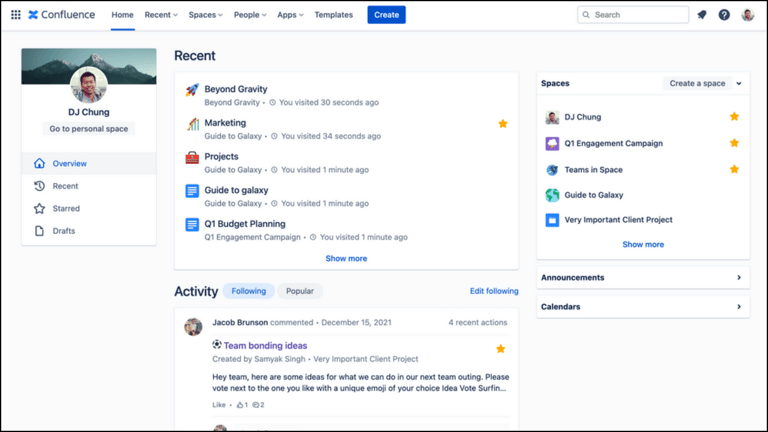


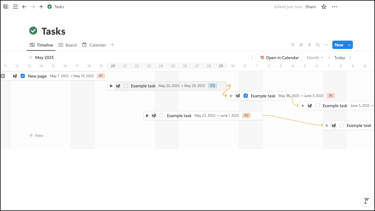
Notion vs Confluence: Collaboration and Teamwork
Both Notion and Confluence allow teams to work together in real time, but their collaboration tools differ.
Confluence provides robust permission management, making it ideal for large organizations with different access levels.
Notion allows for more dynamic team collaboration, where users can seamlessly combine documentation with project management features.
Notion’s real-time editing and inline comments make it great for day-to-day team collaboration, while Confluence is stronger for long-term documentation and company-wide knowledge bases.
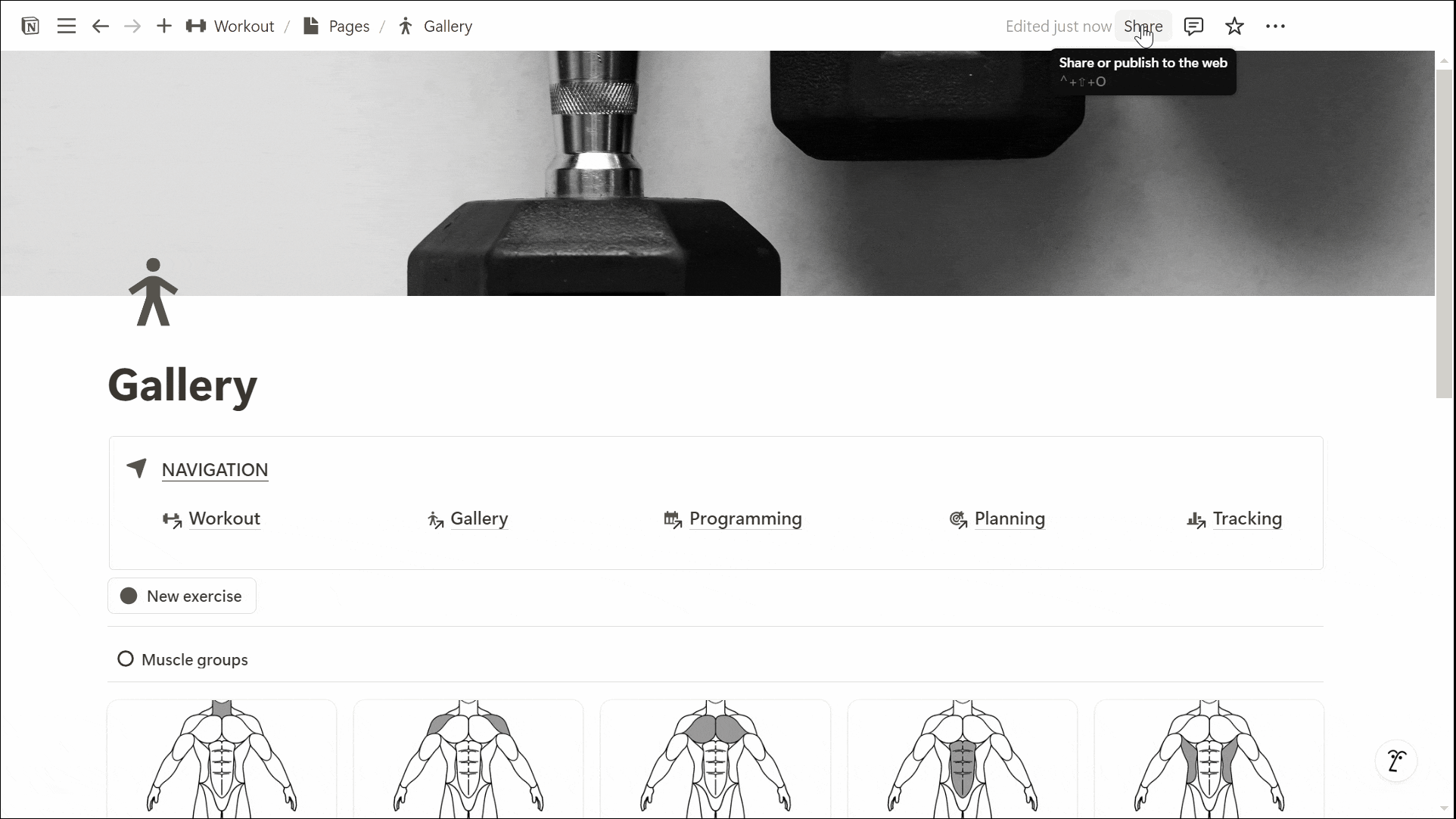

Notion vs Confluence: Customization and Flexibility
Notion offers unmatched flexibility with custom dashboards, relational databases, and templates. It allows users to build an entire workspace tailored to their workflow, blending wikis, project tracking, and task management.
Confluence is more structured and standardized, with less customization but greater reliability for documentation-heavy teams.
For teams needing a highly customizable tool, Notion is the better choice. For organizations requiring standardized documentation across multiple departments, Confluence wins.
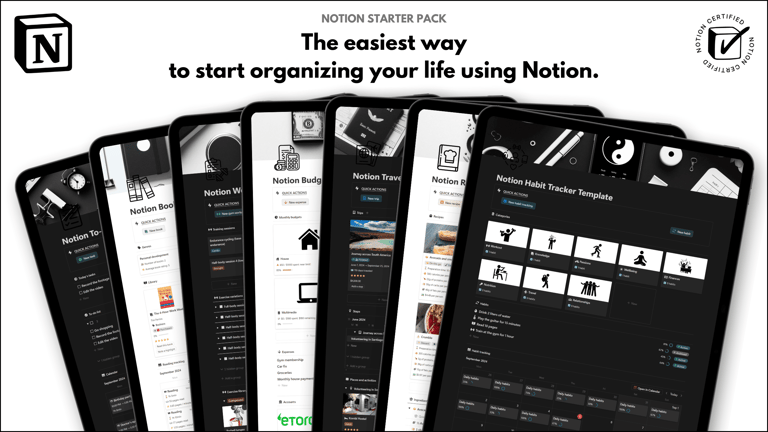

Save hours building from scratch!
Get instant access to 7 free Notion templates with the Notion Starter Pack.
Notion vs Confluence: Pricing and Value
Notion Pricing
Notion offers a free plan for personal use, with paid plans for teams and businesses. Prices exclude AI ($10 extra) and reflect monthly payments (20% discount with annual billing):
Free Plan: Best for individuals with basic features.
Plus Plan ($12 per user/month): Unlocks advanced collaboration features.
Business Plan ($18 per user/month): Adds admin controls and enhanced security.
Enterprise Plan (Custom Pricing): Tailored for large organizations needing deep security and integrations.
Confluence Pricing
Confluence’s pricing reflects its enterprise focus, offering a free plan for small teams and scalable options for larger organizations:
Free Plan: Supports up to 10 users.
Standard Plan ($5.16 per user/month): Essential features for team collaboration.
Premium Plan ($9.73 per user/month): Enhanced controls and analytics.
Enterprise Plan (Custom Pricing): Designed for large-scale deployments with governance tools.
For smaller teams, Notion provides more features at a better price. For enterprise environments, Confluence’s structured pricing and deep integrations make it more valuable.


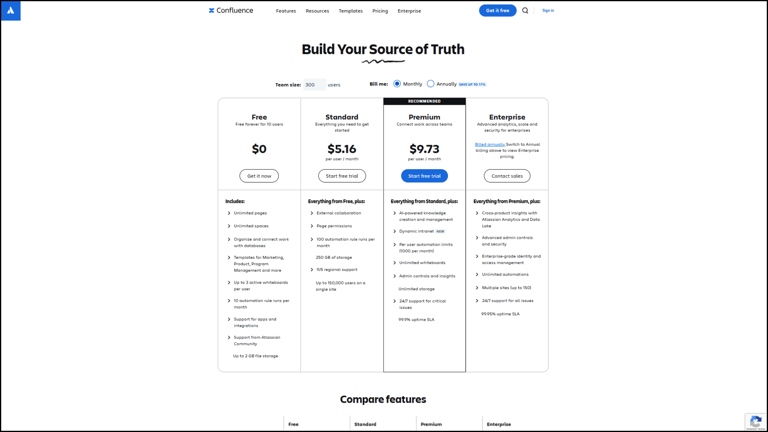


Learn more about Notion here.
Conclusion: Notion vs Confluence
Choosing between Notion vs Confluence depends on your team's needs:
Choose Notion if you need a versatile, highly customizable tool that combines documentation, databases, and project management.
Choose Confluence if you need a dedicated knowledge management platform with strong enterprise-level features.
For startups and creative teams, Notion is an excellent all-in-one solution. For large enterprises needing structured documentation, Confluence is the industry leader.
Unlock the ultimate roadmap to a life in order: simply enter your email adress below and a PDF copy will instantly be sent right to your inbox.
Download your free Notion ebook now!
Join The Movement
Follow Notionbase on social media to stay up to date with Notion... and more!
Links
Master Notion in 5 days.
© 2026 Notionbase. Website by William Coste.
Products
